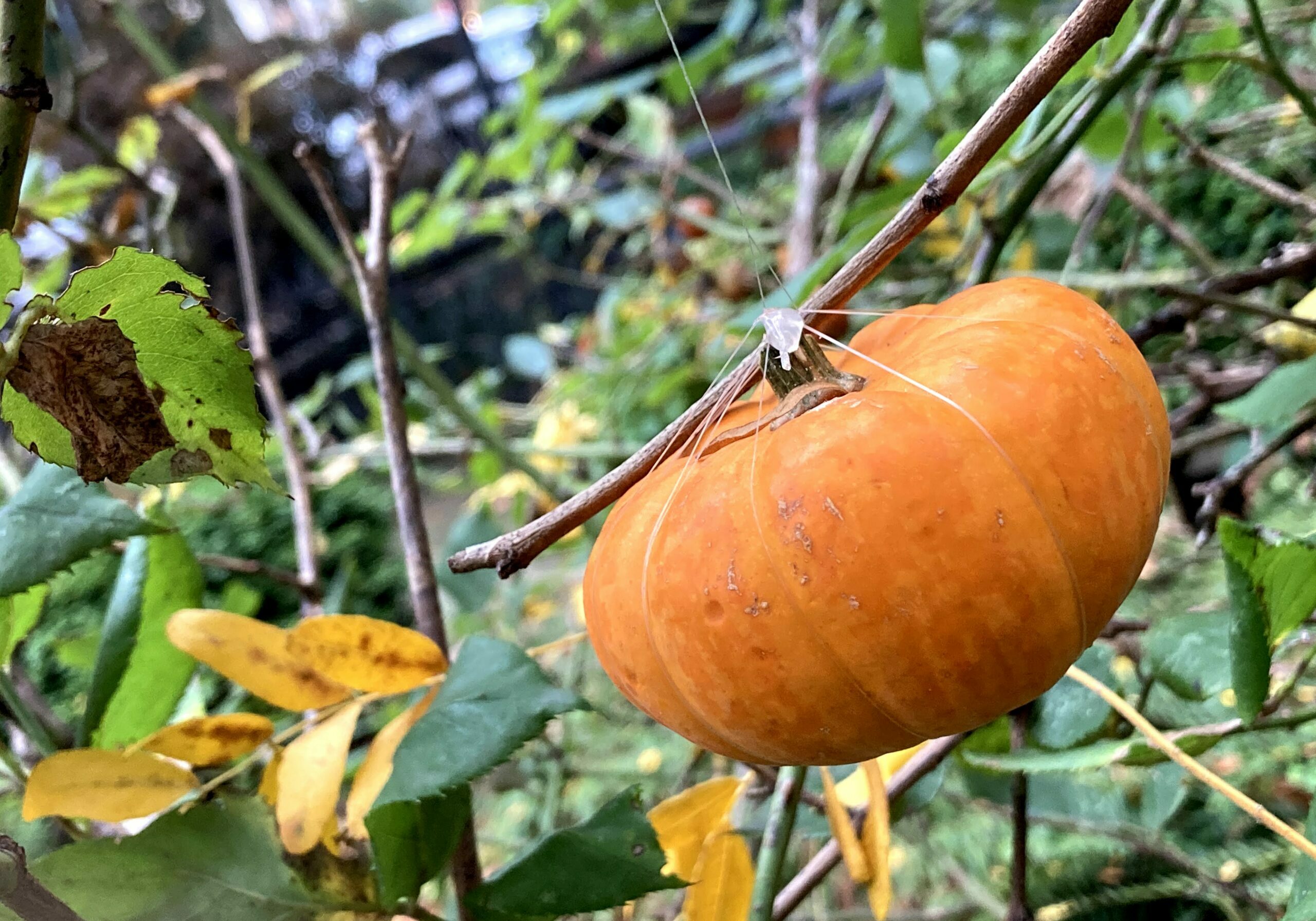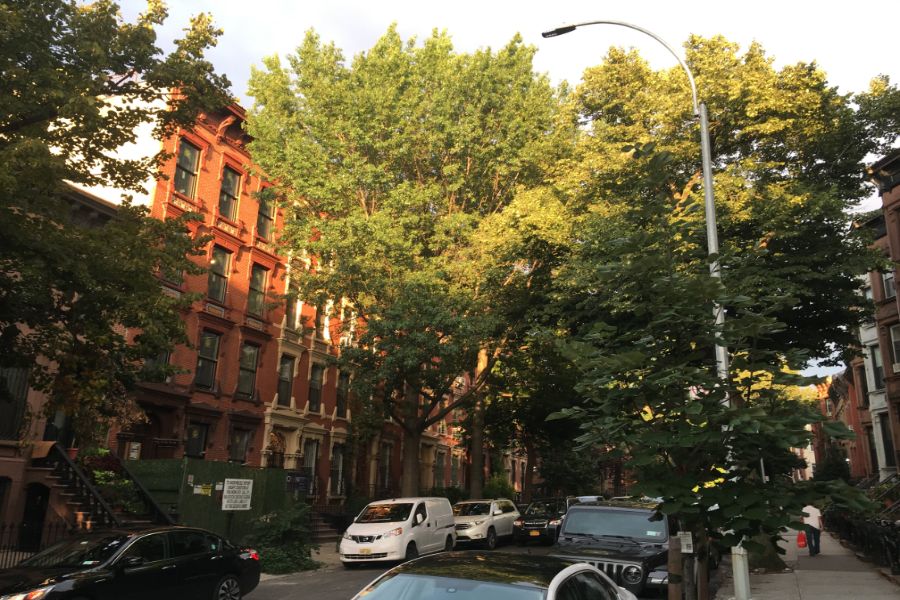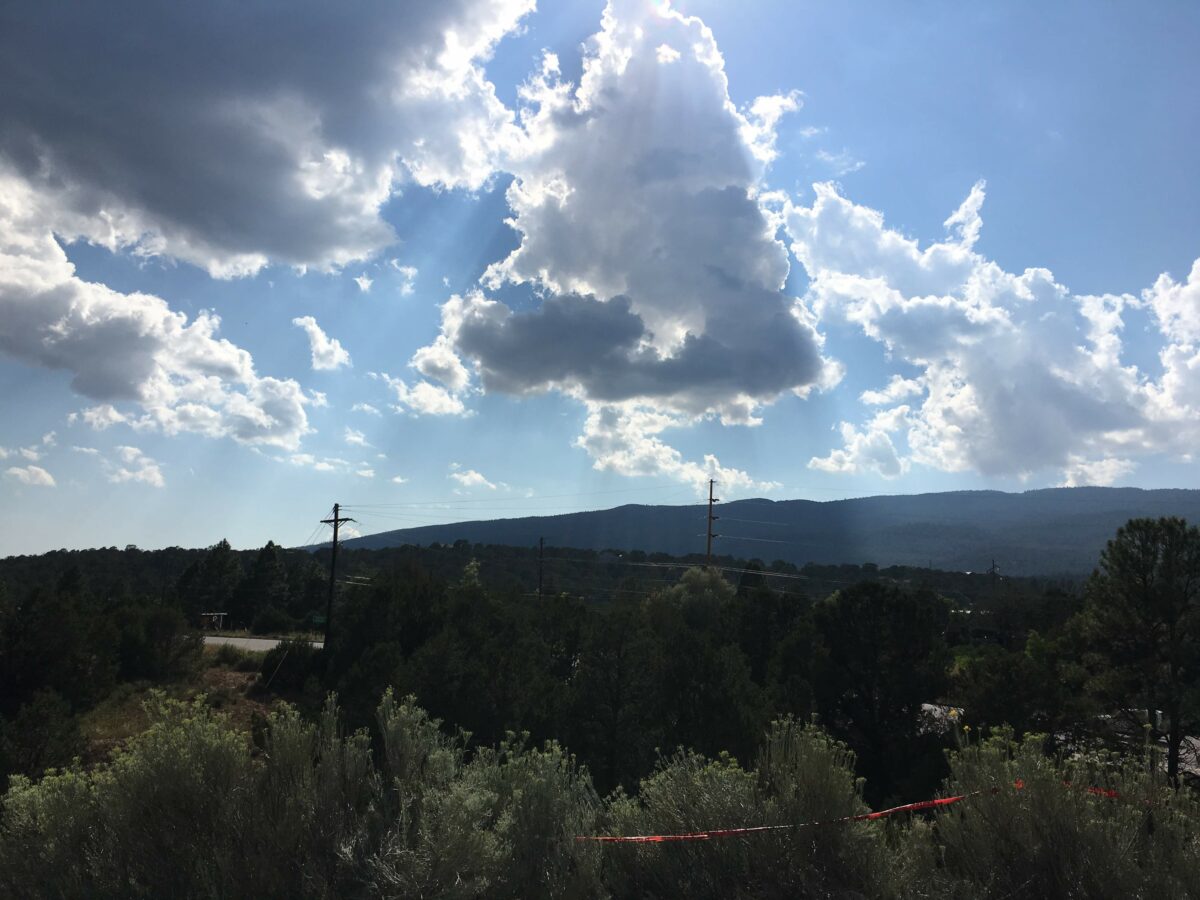October 10, 2023
The personality is bigger than the practicality

Personality traits like independence, rebelliousness and defiance are important.
They can take you far in life. The willingness to question assumptions and reject expectations fuel the very spirit from which great successes is born.
When I first encountered the philosophy of transcendentalism in high school, the idea that I could refuse to obey the demands and commands of authority, so as not to atrophy my conscience, deeply resonated with me.
Wait a minute, you mean it’s okay to say screw you to the world? People actually do this and get away with it? Take my money. Sign me up.
My unruly adolescent nature felt soothed and seen. Thoreau made numerous observations about this idea, my favorite of which is this:
Public opinion is a weak tyrant compared with our own private opinion. What a man thinks of himself, that determines or rather indicates his faith.
What sixteen year old looking for a sense of identity doesn’t fall in love with that?
And yet, there’s a fine line between a personality quirk and a mental disorder. It’s one thing to possess a harmless, endearing trait that makes up part of our identity; it’s another one to have a severe condition that significantly negatively impacts ours and other people’s life.
Our idiosyncrasies are a normal part of what shape who we are, but should be careful not to let those unique facets create a disproportionate downside.
As an example, take the ever polarizing snooze button.
Some people love hitting the alarm to resume sounding a few minutes later. Some will do it for hours on end. Some will even claim snoozing is actually form of time traveling, where we engage the launch initiation switch on our temporal teleportation device, immediately sending ourselves hurtling through time.
Interestingly, the first clock patent was secured in the late seventeen hundreds, and the invention of the alarm clock came later in the eighteen hundreds.
But the snooze button is a fairly modern innovation. Historians have debated about exactly who invented it and when, but nevertheless, it’s been a cultural staple for the better part of a century.
This brings us back to our exploration of the trait of defiance.
Is there anything better than that silent confidence of stretching your arm out to feel for the alarm clock, hitting that snooze button, and then rolling over to drift back to dreamland? Sounds like the perfect way to uphold our independence identity the moment we wake up.
I did this for years and years. And the funny part was, hitting snooze wasn’t even about getting extra rest, it was about asserting more rebellion. My alarm clock experience became a momentous act of civil disobedience.
It sounds absurd, but I would hit the snooze button just to prove to the alarm clock that I could.
That’s my personality. I defy everyone’s expectations, especially mine. Nobody tells me what to do. I don’t play by anyone’s rules, not even my own.
Truth is, when it’s five in the morning and a legion of voices inside my head are shouting their unanimous permission for me to start my day by breaking a rule, it’s hard to resist.
Just go back to sleep for nine more minutes. You’re not lazy and undisciplined. You’re going to be fine. The world will be there when you wake up. Hitting snooze is not giving in. Have some compassion for yourself. This a small rebellion and you are a soldier of love. You don’t need to prove anything to anybody.
And I hear this voice inside my head and go:
Yeah, that’s right, I already proved everything I have to prove to the only person I need to prove it to. The minute I woke up the first time, bashed my clock with my fist, and went back to sleep, that was the win. Screw you, snooze button, I shall assert my free will and refuse to obey the demands and commands of authority. My conscience will not be atrophied. Because I’m worth it. Freeeeedom!
Quite the empowering narrative, isn’t it?
The only problem is, this entire line of thinking, aspirational and true as it might be, is not worth the upside. This strategy only shovels more coal into my fire of resistance. And it’s far too complicated and stressful to be the very first thought I have about each morning.
Whereas simply sliding out of bed, turning off my alarm and heading straight for the shower without thinking about it too much, serves me much better. This ritual introduces velocity to short circuit my anxiety.
Now, in modern research on sleep hygeine, psychologists find that hitting the snooze button is a precursor for everything from fragmented sleep to disrupted morning routines to reduced productivity to missed opportunities to increased dependence on alarm.
What’s interesting is, while those outcomes should probably be avoided whenever possible, they’re not the core issue. That’s not why we shouldn’t hit the snooze button.
The real problem is that if we tell ourselves that we can use the snooze button, we will. And if we give ourselves that permission, we’re guaranteed to fail. Because sooner or later, we’re going to keep snoozing and go back to sleep. Reinforcing negative patterns that make us feel physically, mentally and emotionally worse.
Do we really want that to be the first thing that happens the moment upon waking?
Not exactly the breakfast of champions. Even if the story we tell ourselves is, hey man, hitting the snooze button is an expression of my highest values of being independent and defiant, we’re still starting our day on a losing foot.
We are allowing the personality to be bigger than the practicality.
If there’s one thing I learned in workaholism recovery, it’s that I don’t want to wake up with a sword in my hand. I don’t want to open my crusty eyes and greet the day by immediately doing battle with the dark world of guilt, pressure and disappointment.
That’s unnecessary and artificial stimulation to my nervous system that has no upside.
Same reason I stopped caffeine. Coffee and soda didn’t really elevate my mood, outside of the metabolic stress that increased my alertness. I had to become confident that I could achieve far greater levels of energy and vitality without it.
The snooze button works the same way. My romantic ideal of defying authority and asserting independence is aspirational, and there’s a time and place for that in my life.
But it’s just too much story to start my day. If the sun isn’t up yet, I don’t need to be clever. I don’t need to accept the call to adventure and embark on my hero’s journey at five in the goddamn morning.
I don’t need to prove to myself how rebellious of a person I am by pressing a button and taking a nine minute power nap. It’s much simpler than that.
Years ago, I made the simple decisions that I was going to be the kind of person who woke up early. At the same time, every day, no matter what, without ever hitting the snooze button. I start my day with positive choices and actions.
That’s it. That’s enough for me. This is about practicality, not personality.
My alarm clock is simply the thing that tells me, okay, it’s time to get up now.
It’s not a momentous act of civil disobedience. Because waking up with an immediate failure, regardless of the empowering narrative I attach to it, is not a healthy and effective transition out of sleep.
Which of your cherished qualities are you letting run the show? Do you let unique facets of your identity create a disproportionate downside?
The snooze button, of course, is merely a proxy. There are dozens of other micro examples in daily life in which we must strike a balance between personality and practicality.
The bigger principle is, we must not succumb to inertia and choose comfort over progress. We must value our idiosyncrasies as a normal part of what shape who we are, but also, as the great pop song lyric goes, we’ve got to be stronger than the story and not let it blind us.
It’s one thing to be sixteen years old and feel your soul come online as your values begin to materialize.
We all get a free pass during adolescence.
But mature adulthood is about keeping perspective about our identities, recognizing that there’s nuance and balance involved in everything.
Not every nametag needs to stick on your shirt all the time. Sometimes we take sword in hand and fight the good fight and feel noble about upholding our ethics; and sometimes we tell our little personality quirks to shut the hell up so we can get to work.
What harmless, endearing trait do you give away your power to?

